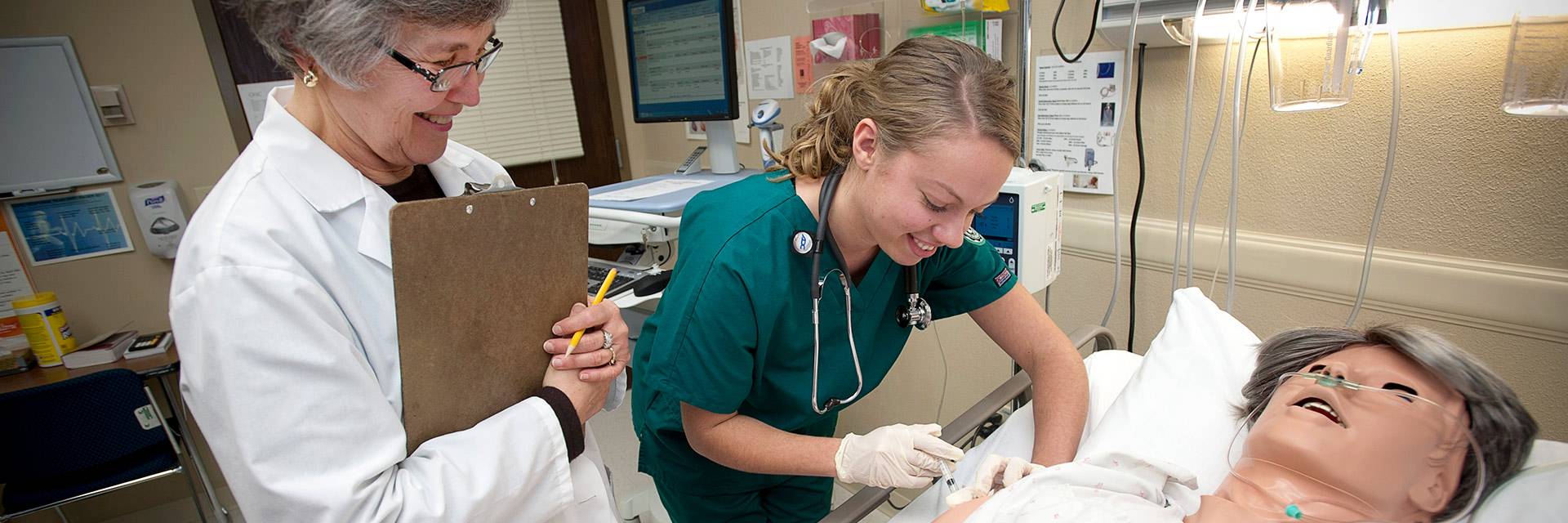
Gerontology is a study of the social, cultural, psychological, cognitive and biological aspects of aging. The term gerontology is slightly different than geriatrics where the former term focuses on the process of aging whereas geriatrics deals with the care of aging people. With the significant percentage of our current population who are baby boomers, inching towards the old age demands our societies need for more practitioners and clinicians specializing in care of individuals who are in various stages of aging. Adult gerontology nurse practitioners (AGNP) are at the forefront of this battle with the health promotion and disease prevention in these individuals. These professionals help aging population to have a better quality-of-life towards the latter half of their lifespan.
Adult gerontology nurse practitioners, previously known as adult nurse practitioners specifically address the population beyond adolescent age group. Unlike family nurse practitioners, these providers only focuses on adult and old age population. These clinicians are experts in management of disease processes and health promotion in the specific age group. Many of these clinicians end up in specializing specific areas like cardiology, diabetes, palliative care and so forth. With the increasing demand for primary care providers to improve accessibility and quality of healthcare, adult gerontology nurse practitioners have excellent opportunities for influencing population health in the near future.
After completing the specific academic program, adult gerontology nurse practitioners should obtain AGNP board certification to substantiate their credibility as a clinician who holds the essentials for competent patient care. AGNP certification review is essential for these individuals to successfully complete certification process.
There are many AGNP certification review courses available however, the best AGNP certification review should conceptualize the core elements of exam plans put forth by the certification bodies like American nurses credentialing Center (ANCC) or American Academy of nurse practitioners (AANP). Even though these two credentialing agencies provide similar certification, ANCC awards adult gerontology nurse practitioner-board-certified (AGNP-BC) and AANP issues adult gerontology nurse practitioner-certified (AGNP-C) credentials.
AGNP certification review course offered by APRN WORLD® is prepared by excellent academicians and clinicians who are subject matter experts. The exams are developed based on the current practice guidelines from regulatory authorities and certification exam strategy put forth by the credentialing agencies.
APRN WORLD® deploys the resources on online platform that helps extreme levels of customization and highly individualized feedback for individual candidates. The review addresses not only the content preparedness, but also the individual candidate’s exam taking skills in terms of time management and other attributes. The courses are available on a subscription basis that helps individual candidates to customize the duration of the training based on individual needs.

